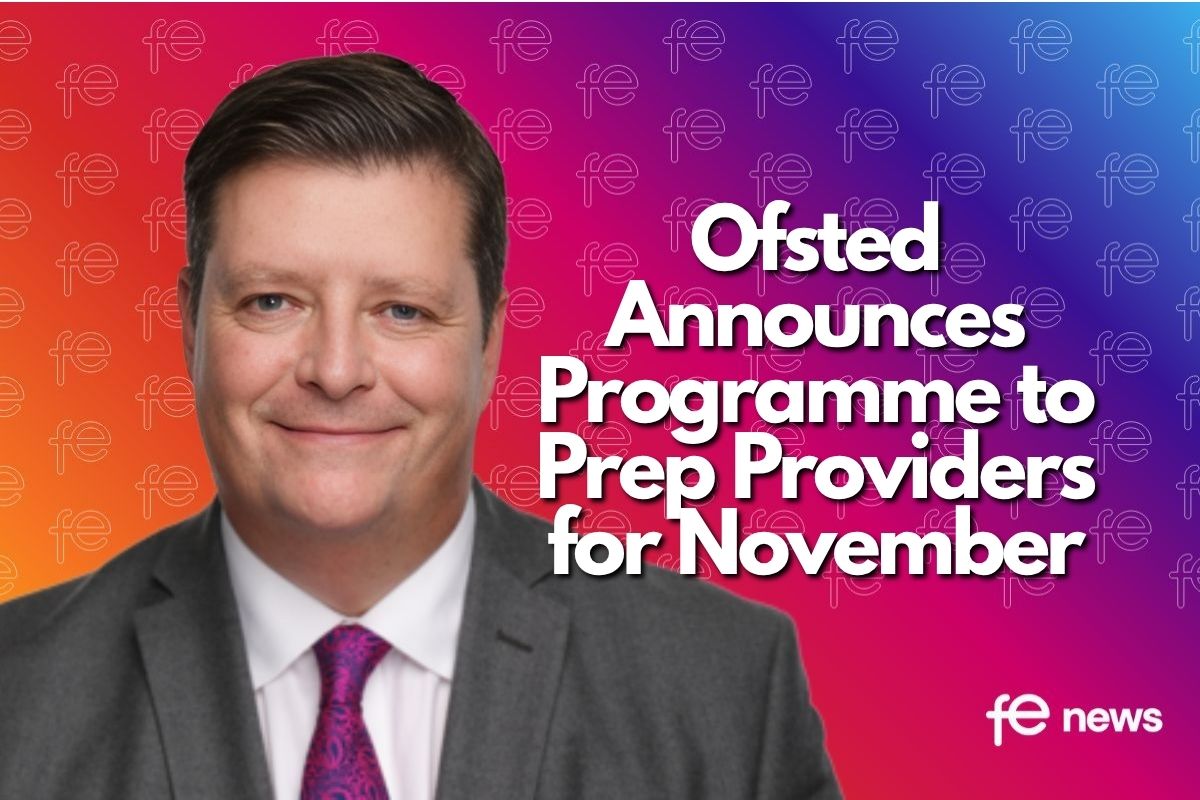A new government brings about an opportunity to get the skills system right

A new government brings about an opportunity to get the skills system right
Two months into the formation of an incoming government, there are three immediate challenges facing the skills sector under the new Labour administration: the forthcoming Autumn Budget, the introduction of a new Growth and Skills Levy, and the creation of Skills England.
AELP has spent the summer working closely with providers, employers, government officials and politicians to discuss the impact of each of these three challenges. Together with Simon Ashworth (AELP Deputy CEO and Policy Director) and the wider team, we have spoken to people from over 1,000 organisations in recent months, and this has helped inform our views on how the new government makes changes to the skills system that will benefit us all.
Investing in skills throughout system
A fundamental challenge year in, year out, is to ensure there is sufficient funding in the skill system. The reality is that this argument works at two levels: the first is to shore up what we do get; the second is to campaign for what should really be spent by Government on skills. Our next opportunity to push for both of these is in the run up to the Chancellor’s first budget which takes place on 30 October. Ahead of the General Election, we argued that if the next government wanted economic growth, the investing in skills will great an almost immediate impact – a key principle behind our Skills Means Growth vision for a sustainable skills system.
We also have nearly 900,000 young people not in employment, education or training. We know that investing in skills results in higher productivity, which – quite quickly – will be reflected in growing GDP and tax receipts. Investing in people must be a priority yet UK companies spend half as much per employee as their EU counterparts according to the Learning and Work Institute. Resolving this means securing the future of Skills Bootcamps, increasing apprenticeship funding bands and improving access to capital investment for independent training providers (ITPs). We also remain committed to the principle of an all ages, all level apprenticeship system – and are taking the argument to government that the money raised by a levy on employers for skills, should be spent on skills.
We know that every area of government spend – from roads to social services to defence spending – wants more and thinks it is a special case. Our argument is that skills really is special, because it underpins the effectiveness of all other spend (for example, if you want 1.5m homes quickly and for the right price, you need a lot of skills) and it starts to return money back to the Treasury through payroll taxes quicker (within months) than any other form of government spend.
Improving the Apprenticeship System
The Growth and Skills Levy is a central part of the new government’s skills strategy and comes from a deep concern from Labour in opposition that apprenticeship opportunities for young people had plummeted under the Conservatives. The initial plan was to enable firms to ‘flex’ up to 50% of their levy budget in order to use it on other forms of training – a policy devised from the luxury of opposition and when there was a significant levy underspend returned to the Treasury each year.
The Levy
Things have moved on though. Over the last financial year (2023/24), the Apprenticeship Levy raised £3.9bn and is estimated to rise to £4.6bn by 2028/29, while the apprenticeship programme budget sits at £2.7bn. Around 98% of this budget (the £2.7bn) has been spent for the last three years, with a tiny percentage returned to Treasury each year. That’s resulted in the previous target of 50% flexibility seemingly being dropped. Instead, we are likely to see a more considered, incremental approach taken. Neither do we expect significant levy reform imminently. More likely is a consultation very soon, and a possibility for some flexibility to start in April, maybe widening out from August 2025.
How would we like to see levy reform develop? Our underpinning principle is that the powerful “triple helix” of a job, structured employer supervision and input, and off-the-job training is retained wherever possible. This is what we believe makes apprenticeships trusted by employer and learner (and wider society), and what makes all the best training programmes what they are. Within that framework, there are still significant flexibilities which could be introduced that would make the apprenticeship programme budget go further: around content (enabling a proportion of each programme to be tailored from a pre-approved set of options) and duration (does a mid-career switching programme or CPD top up programme really need 12 months?).
In a similar vein, allowing employers in key traditional “first job” sectors, like hospitality and retail, to run Foundation Apprenticeships of, say 6 months, would both make those apprenticeships more effective (so employers would want more of them) and free up budget to spend on more learners. This is something we know many young people and those at entry level would significantly benefit from – especially if government lifts the bureaucratic restrictions on how people can enter these programmes from other routes.
Getting Skills England Right
Skills England’s remit is to co-ordinate the skills system in England to ensure the workforce is suitably trained to meet the demands of (a growing) economy in a way that opens up opportunities for as many people as possible. So far, I am more pessimistic than optimistic about Skills England’s potential from what we know (which is not a lot – government is keeping its cards close to its chest at the time of writing).
Why the pessimism? First, it feels like it will be an off-shoot of the Department for Education, when what is needed is a body that is seen by everyone across all levels of Government and by employers as independent of the Department of Education and authoritative in its own right.
Secondly, it is only England – but the economy, whether employers, customers or employees, does not neatly stop at the border with devolved nations (I realise this is a bigger issue – but we need to acknowledge it).
Third, one of the rationales was that Skills England would fill the vital gap in the system and take up the role of co-ordinating – but it looks like we have gone from no co-ordinating body to potentially four (DWP’s Labour Market Advisory Board, the Industrial Strategy Council and the Migration Advisory Committee, which seems to be doing work that Skills England might have reasonably expected to do…). I’m not sure if four co-ordinating bodies, each trying to co-ordinate with (argue with) each other, is such an improvement on none.
I sincerely hope I am proved wrong on this, and, as ever, we are on standby to offer advice and guidance to government on how they can make it work to be as effective as possible, based on what we know, through our members, happens at the ‘front line’.
A busy summer, a busier Autumn
The summer was certainly busy, and as we move through the Party Conference season and into the first substantial session of the new Parliament, things are going to get even busier. Do join us at our Autumn Conference on the 7 November (Hilton Deansgate, Manchester) to get the latest direct from officials (lots have already confirmed), to learn and to challenge and, of course, to network with like-minded colleagues across the sector.
Ben Rowland, Chief Executive, Association of Employment and Learning Providers (AELP).











Responses